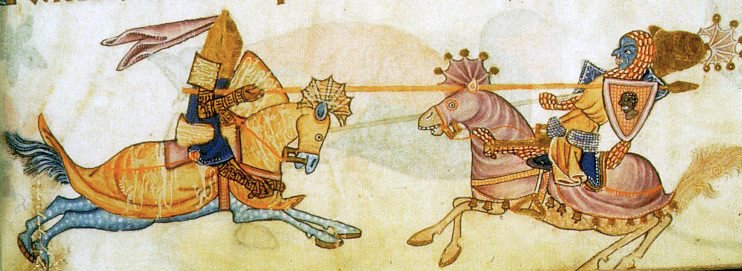
Greater Dolmenwood House Rules
Being a collection of customized rules for play in the Greater Dolmenwood campaign
Home or:
I. Character Creation and Advancement
Ability Scores
Ability score rolls are made in order, 3d6 for each ability.
Players may use the sub-par characters optional rule when rolling ability scores (See DPB, p. 18).
Players may swap any two scores after rolling is complete.
Hit Points
PCs start with maximum hit points at first level (CON bonus still applies; see DPB, p. 19).
Class Options
All kin and classes are available for play. There may be social consequences for choosing specific kin, especially elves and grimalkins.
Fighters may select the following combat talent whenever they are eligible to do so:
Great strength: The fighter's strength score increases by 2 to a maximum of 18.
Bards, Hunters, and Thieves may use the optional rules to customize their skills (See DPB pp. 58, 69, 75).
PCs may use the Simple Spellbooks optional rule (See DPB p. 78).
All characters can use a sling, even Magicians.
XP and Leveling Up
In addition to gaining XP via treasure and defeating foes, PCs may gain XP from exploration. (See DCB p. 107)
| Level | XP | Example Exploration Deeds |
|---|---|---|
| 1-2 | 200 |
|
| 3 | 500 | |
| 4 | 1000 | |
| 5 | 1500 | |
| 6 | 3000 | |
| 7 | 6000 | |
| 8+ | 12000 |
PCs must spend a period of time training in order to increase level. Until the training is complete, the character cannot advance to the next Level and can gain no further XP. (See DPB p. 25)
Moon Signs
All PCs born in the mortal world fall under moon signs. Use the Moon Signs optional rules for such characters (See DPB pp. 174-175).
Birthdays and Saints' Days
All PCs born in the mortal world (mortals and demi-fey, excluding elves and grimalkins) and nominally belonging to the Pluritine Church may establish both a birth date and a saint's day.
Once the player has established the moon sign, they may choose a random day in the month to have been born. Use an online dice tool to roll a d28, d29, d30, or d31 depending on the month. The result is the character's birthdate.
Next, to establish the Saint's Day for the character, look at the Saint's Day immediately preceding the character's birth date. That Saint is now the character's patron saint.
On the PC's Saint's Day, if they venerate the saint in a local church, the PC can gain the blessing associated with that saint as if they had prayed at the shrine of that saint. The PC can receive the saint's blessing any time they do so (not just the once that might otherwise be the limit for non-spell-casters, per DCB p. 22).
II. Play
Player Roles
The group comprises the following player roles (see DPB p. 142):
- Mapper: Responsible for creating and maintaining the party's maps.
- Caller: Responsible for collecting and communicating the party's actions in combat. Assumed party "leader".
- Quartermaster: Responsible for keeping track of party's supplies, including weight and encumbrance.
- Chronicler: Responsible for keeping a record of the party's deeds, appointments, quests, and relationships. Also responsible for knowing what day and time it is!
The group should appoint a player for each role. No player should have multiple roles. Player roles can also be rotating.
Encumbrance
PCs use the Basic Encumbrance optional rule (See DPB p. 148).
Movement
PCs can use the optional rule for Established Safe Paths (See DPB p. 162).
Similarly, PCs can use either of the Exiting the Dungeon options, depending on the circumstance (See DPB p. 163).
Combat
All of the optional combat rules are available for use by PCs. This is subject to change in case the rules don't work as intended. (See DPB pp. 168-169).
Ammunition
PCs only need to track ammunition if it is special ammunition. Mundane ammunition needn't be tracked.
Death and Dying
PCs are subject to the Death's Door optional rule (See DPB p. 168).
Treasure Value
PCs are professional adventurers and can reasonably estimate the value of a piece of treasure. This does not allow them to determine magical qualities (See DPB p. 161).
Drinking and Smoking
PCs may use the inebriation optional rules (See DPB p. 127).
PCs may use the smoking optional rule (See DPB p. 129).
Camping Procedure
PCs will use the full camping procedure (See DPB p. 158).
PCs will not use the "Falling Asleep on Watch" optional rule (See DPB p. 159).
Lifestyle Expenses
PCs will only use the lifestyle expenses optional rule for extended downtime, such as training or research (See DPB p. 161).